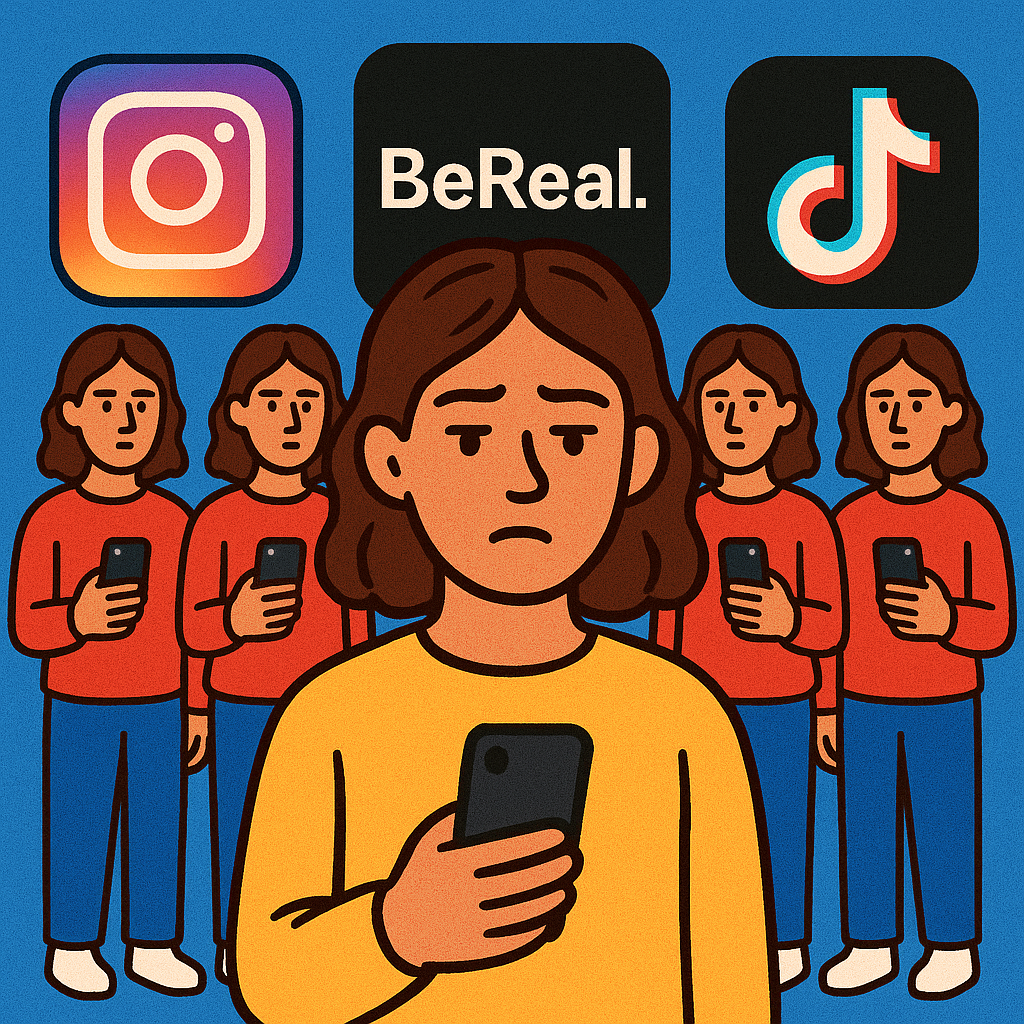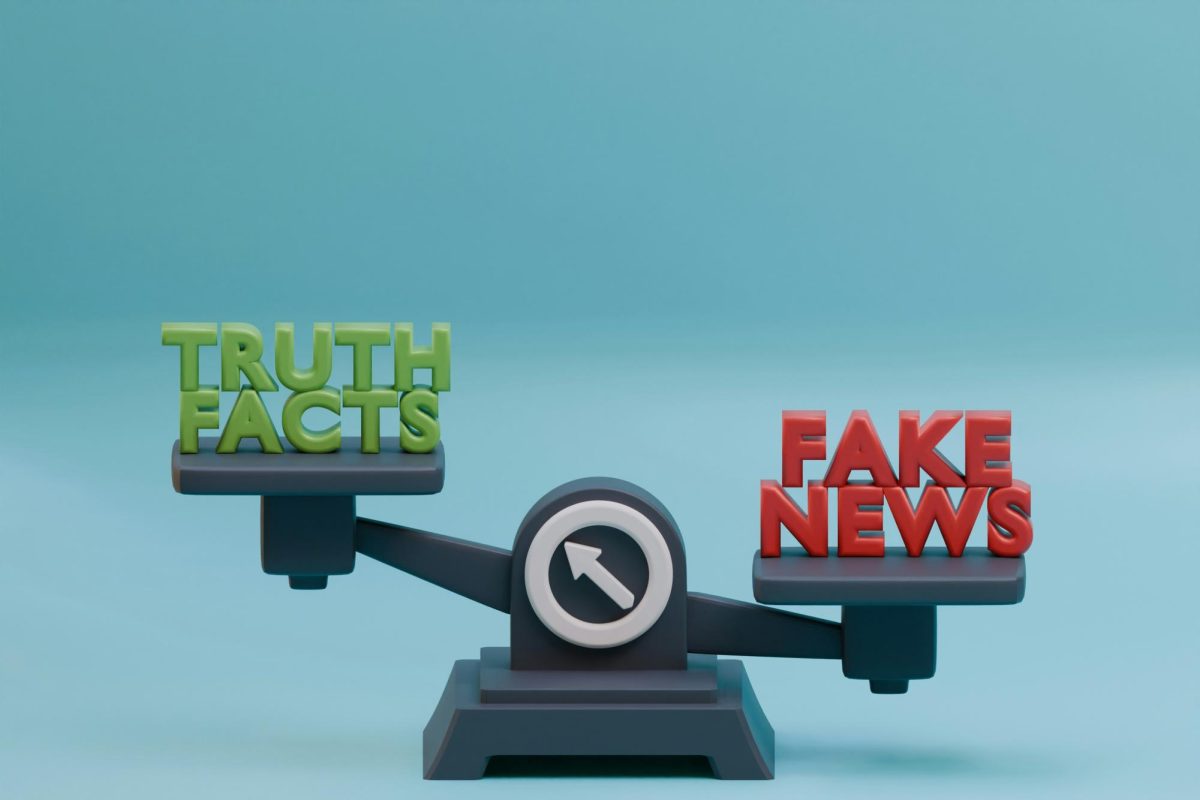Gryffin T., journalist
This is an opinion article by one of our staff writers, and the opinions expressed here do not represent the views of the newspaper in general or of the leadership team.
The job of any great teacher is to see their students reach superior academic achievement. Online teachers and advisors must go the extra mile to communicate effectively with students in cyberspace. It is not so easy to connect individually through distance learning, but it is essential to the teacher-student relationship.
Personally, I think the teachers at George Washington University Online High School go the extra distance to reach out and interact with students through an interconnected network infrastructure. Some people think online classrooms feel impersonal and disconnected. It definitely does not have to be that way! As a matter of fact, from past experience, traditional classrooms felt more like that to me.
In traditional classrooms, teachers do not greet every student at the start of class. At GWUOHS, as we log in, teachers inquire, on a first-name basis, how each of us is doing, and what we are up to in our daily lives. This shows that they care about us beyond the classroom.
Mallory Prim, a teacher at George Washington University Online High School, recently said, “students come to online school for a lot of different reasons, and knowing those reasons and engaging in discussions with them about it helps me to better understand my students and be a better teacher.” I agree! Each of us came to GWUOHS for different reasons, and our teachers try hard to know those things about us.
When there is time, teachers ask us to share photos with the class. This helps us get more familiar with each other. Ms. Prim recently said, “it is always so fun to see classmates warm up to one another, bond over being online students, and find common ground beyond the classroom.” This helps create a positive atmosphere and pushes students to actively participate during class.
Also, some teachers give recorded audio feedback on assignments. I find this to be more engaging than receiving a mark in the grade book. This helps build students’ confidence. Let me point out that this is not the case in a regular classroom environment. Taking these extra steps help connect students and teachers on a more personal level.
Another way I think teachers support students is by being accessible through various communication modes. These avenues open up the dialogue between teachers and students. Some of these are Skype, text messaging, email, telephone, help desk, and weekly advising. Our teachers are available after hours, even on weekends. When was the last time you heard of a “regular” teacher giving students help on the weekend?
The American Psychological Association reports, “those students who have close, positive and supportive relationships with their teachers will attain higher levels of achievement.” Obviously, online students must be self-motivated. However, even the best students can get distracted by working from home without teacher supervision.
Dr. Whitney Keaton, Advisor at George Washington University Online High School says, “Because this is a rigorous online school, students need to be willing to put in a lot of effort and work independently since teachers are not right there with them.” Communicating with teachers and advisors can help combat distractions and encourage students to stay focused. My weekly advising sessions hold me accountable to do my schoolwork. That is another thing not offered in a traditional school setting.
Of course, effective communication between teachers-advisors and students is a two-way street. Dr. Keaton also said that “successful students are also the ones who are willing to reach out to teachers and advisors for help when it is needed.” Positive communication helps strengthen relationships that lead to academic success and happier students.
The truth is that every one of my George Washington University Online High School teachers (Dr. Moore, Mr. Kelly, Sra. Flores-Hull, Mrs. Prim, Dr. Keaton, Mrs. Zieman, Mr. Humphrey, and Ms. Bell) are terrific, and have what it takes to be great online teachers. They go above and beyond to help their students be the best they can be. In fact, one might even say that our e-classroom teachers are more effective than teachers at any “regular” school.
Works Cited:
American Psychological Association, American Psychological Association, www.apa.org/education/k12/relationships.



